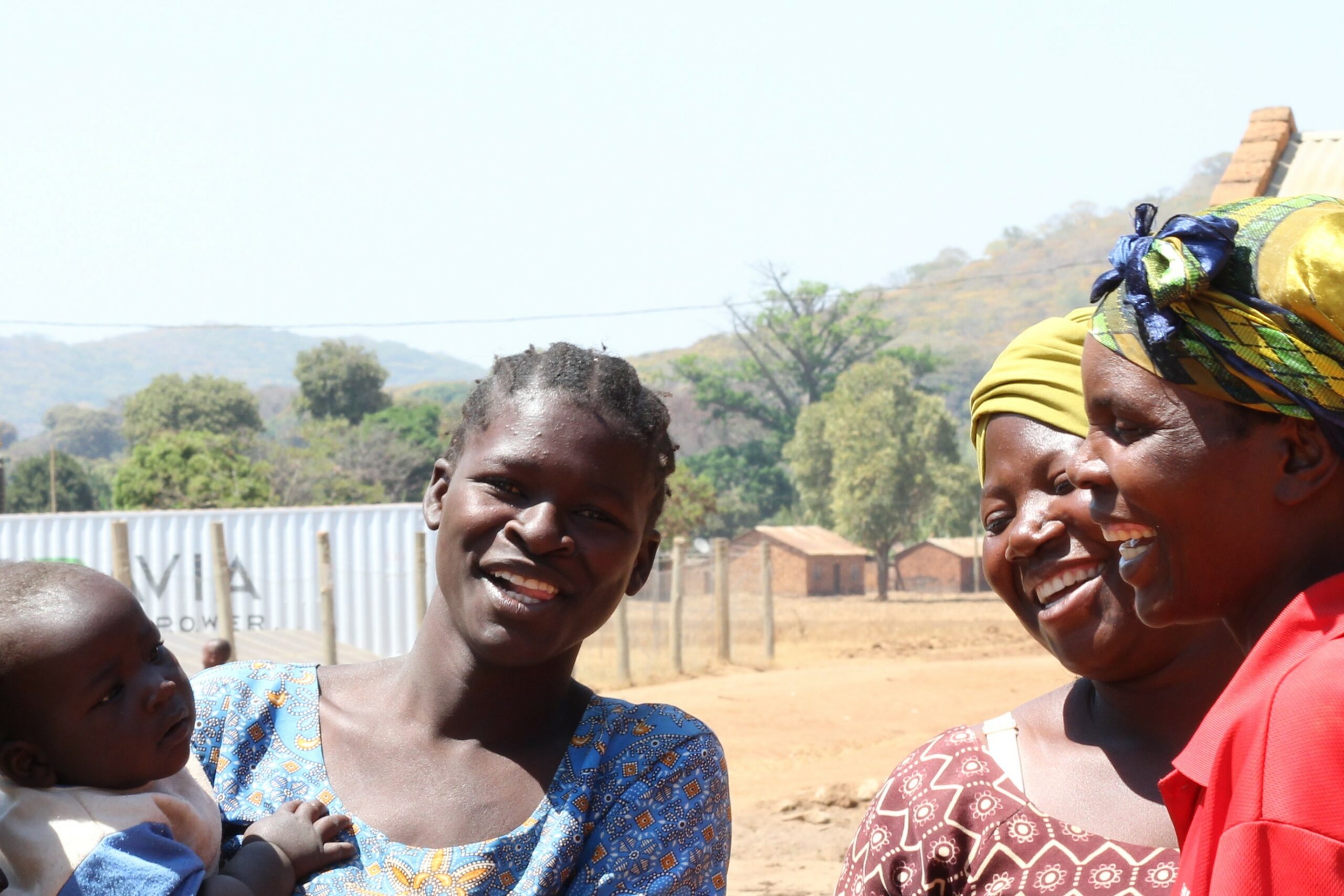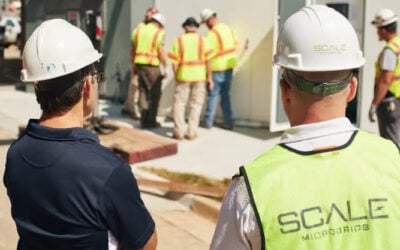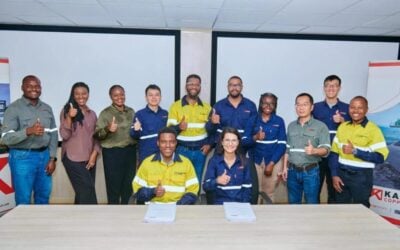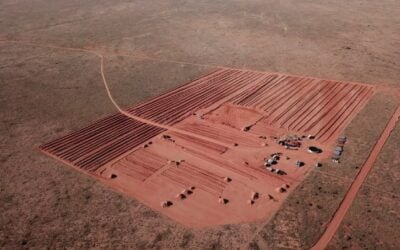
Rental solar power company Redavia has commissioned two microgrid PV-plus-storage systems totalling 303kWh of energy storage capacity, both located in the Songwe region in western Tanzania.
The two containerised solutions, in Isenzanya and Shitunguru, were financed by by InfraCo Africa — a subsidiary of the Private Infrastructure Development Group (PIDG), which mobilises sustainable investment in the developing world and includes backing from government departments in countries including the UK, Australia, Germany, Swtizerland, Netherlands, Norway and Sweden.
Enjoy 12 months of exclusive analysis
- Regular insight and analysis of the industry’s biggest developments
- In-depth interviews with the industry’s leading figures
- Annual digital subscription to the PV Tech Power journal
- Discounts on Solar Media’s portfolio of events, in-person and virtual
This microgrid solution is comprised of two solar containers with 89 kWp capacity each — with both systems assisted by two integrated lithium–ion energy storage devices (90 kVA / 165 kWh, 60 kVA /138 kWh) to provide consistent energy supply.
In addition, Redavia has developed an electricity distribution, metering and mobile payment infrastructure — along with 10km of distribution lines apiece. Redavia offers various rented solar power solutions in Sub-Saharan Africa on a pay-as-you-go basis, led by CEO Erwin Spolders, a former director of Q Cells’ utility-scale PV plant business.
Before the development of these microgrids, the villages of Isenzanya and Shitunguru did not have access to power — leaving the communities to use diesel or kerosene for lighting and other energy needs.
Erwin Spolders, CEO of Redavia, said: “We are very proud to be an important component of Tanzania’s rural electrification roadmap, it is amazing to see the immediate positive impact that power has on people’s lives. Our financially viable business model enables the provision of cost-effective, reliable energy for local communities and businesses in the long run.”






